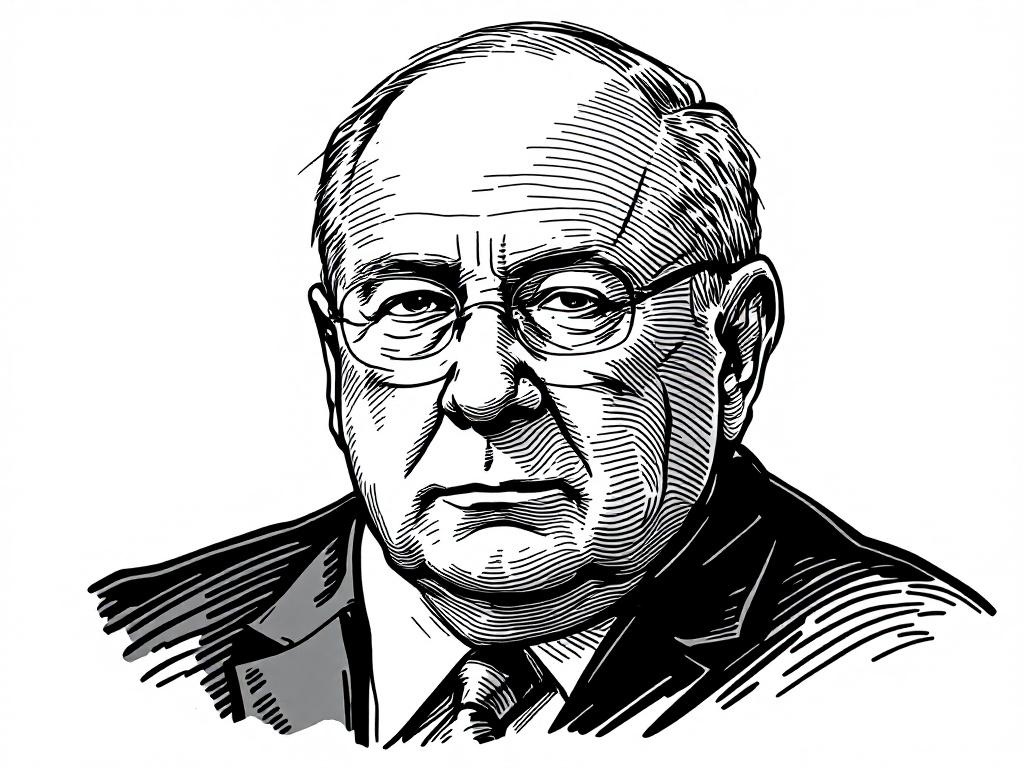Dick Cheney, Former U.S. Vice President and Key Iraq War Figure, Dies at 84

Washington D.C., Tuesday, 4 November 2025.
Dick Cheney, former U.S. Vice President known for his significant role in the Iraq War, passed away at 84. His policies continue to influence U.S. foreign strategy.
A Life of Public Service and Controversy
Richard Bruce ‘Dick’ Cheney, born on January 30, 1941, in Lincoln, Nebraska, passed away on November 3, 2025, due to complications from pneumonia and cardiac and vascular disease [1][2]. Cheney’s political career was marked by his service as the 46th Vice President of the United States under President George W. Bush from 2001 to 2009 [3][4]. Prior to his vice presidency, Cheney served as the U.S. Secretary of Defense under President George H.W. Bush, where he oversaw military operations during the Persian Gulf War [5]. Known as one of the most powerful vice presidents in U.S. history, Cheney’s tenure was characterized by his influential role in shaping U.S. foreign policy, particularly in advocating for the Iraq War [6].
Legacy of the Iraq War
Cheney’s legacy is heavily tied to the Iraq War, which he ardently supported as a necessary action against perceived threats posed by Saddam Hussein’s regime. The war, initiated in 2003, was justified by claims that Iraq possessed weapons of mass destruction—a claim that later proved unfounded, leading to widespread criticism of the Bush administration’s policies [7][8]. Cheney’s influence extended to the expansion of presidential powers and the use of controversial interrogation techniques, drawing both domestic and international scrutiny [9][10]. Despite controversies, Cheney remained steadfast in his defense of the decisions made during his vice presidency, asserting their necessity for national security [11].
Political Influence and Personal Life
Beyond his vice presidency, Cheney’s impact on American politics included his role as CEO of Halliburton, a position he held before entering the White House. This connection led to further controversy during the Iraq War due to the contracts awarded to his former company [12]. Cheney’s family, including his daughters Liz and Mary, were prominent figures in American politics, with Liz Cheney serving as a Republican congresswoman known for her vocal criticism of Donald Trump [13]. Cheney’s personal life was marked by significant health challenges, including five heart attacks and a heart transplant in 2012 [14]. Despite these challenges, he maintained an active presence in political discourse, often providing commentary on national security issues and the direction of the Republican Party [15].
Reflections on a Complex Legacy
Statements following Cheney’s death reflect a complex legacy. Former President George W. Bush described him as a steady presence in the White House and a dedicated public servant [16]. However, Cheney’s advocacy for the Iraq War and the expansion of presidential powers continue to evoke debate over their long-term impacts on U.S. foreign and domestic policies [17]. As the nation reflects on his contributions, Cheney’s life and career remain a testament to the profound influence one individual can wield on the trajectory of American governance [18].
Sources
- apnews.com
- en.wikipedia.org
- www.cbsnews.com
- www.npr.org
- www.axios.com
- www.usatoday.com
- www.npr.org
- www.cbsnews.com
- apnews.com
- www.axios.com
- www.npr.org
- www.axios.com
- www.cbsnews.com
- www.usatoday.com
- www.axios.com
- www.cbsnews.com
- apnews.com
- www.npr.org